Space Engineering Certificate (SEC)™
Learn about SEC program
- Length: 5 days
- Instructor led
- Online, onsite and Live online
Space Engineering Certificate (SEC)™
Gain comprehensive knowledge and skills in space engineering with the Space Engineering Certificate (SEC)™ Certification program, a collaborative effort by Tonex and IS4. This certification is designed to equip participants with a deep understanding of the principles and practices essential for successful space missions, covering key aspects of spacecraft design, propulsion systems, satellite technology, and mission planning.
This program covers a spectrum of essential topics, including spacecraft design, propulsion systems, satellite technology, mission planning, and emerging trends in the field. Participants will delve into the fundamentals of space exploration, studying historical milestones and the current landscape of the space industry. The intricacies of spacecraft design and construction, propulsion systems in space, and the latest advancements in satellite technology are explored, equipping participants with a solid foundation in space engineering principles.
Additionally, the program emphasizes mission planning and execution, offering insights into orbital mechanics, launch vehicle selection, and risk management. By addressing emerging trends such as space tourism, sustainable practices, and artificial intelligence applications, the SEC™ Certification ensures participants are well-prepared for the evolving challenges and opportunities in the dynamic field of space engineering. Enroll in the SEC™ Certification to elevate your expertise and contribute to the future of space exploration.
Learning Objectives:
- Master the fundamentals of space engineering.
- Acquire in-depth knowledge of spacecraft design and construction.
- Understand various propulsion systems used in space exploration.
- Explore advanced satellite technology and its applications.
- Develop expertise in mission planning and execution.
- Gain insights into emerging trends and technologies in space engineering.
Audience: The Space Engineering Certificate (SEC)™ Certification is ideal for professionals and enthusiasts in the aerospace industry, engineers, scientists, project managers, and anyone seeking to enhance their expertise in space engineering.
Course Outline:
Module 1: Introduction to Space Engineering
- Space Exploration Overview
- Historical Milestones
- The Role of Space Agencies
- Space Industry Landscape
- Importance of Space Engineering
- Global Collaborations in Space Exploration
Module 2: Spacecraft Design and Construction
- Orbital Mechanics Basics
- Structural Design Principles
- Thermal Control Systems
- Power Generation and Distribution
- Communication Systems in Spacecraft
- Integration and Testing Processes
Module 3: Propulsion Systems in Space
- Chemical Propulsion Technologies
- Electric Propulsion Systems
- Ion and Plasma Propulsion
- Thrust Vectoring Techniques
- Propulsion System Selection Criteria
- Future Trends in Space Propulsion
Module 4: Satellite Technology
- Types of Satellites
- Payload and Instrumentation
- Satellite Orbits and Configurations
- Remote Sensing Satellites
- Communication Satellites
- Small Satellite Technologies
Module 5: Mission Planning and Execution
- Mission Objectives and Requirements
- Launch Vehicle Selection and Planning
- Orbital Insertion Strategies
- In-Orbit Operations and Maintenance
- Risk Management in Space Missions
- Case Studies of Successful Missions
Module 6: Emerging Trends in Space Engineering
- Space Tourism and Commercialization
- Sustainable Space Practices
- Artificial Intelligence in Space Exploration
- Advancements in Space Telescopes
- Lunar and Mars Exploration Plans
- Space Debris Management and Cleanup
Certification Preparation:
- Overview of SEC Certification
- Examination Structure and Format
- Recommended Study Materials
- Key Concepts and Topics
- Study Strategies and Time Management
- Mock Exams and Simulations
Exam Domains:
- Orbital Mechanics
- Spacecraft Systems
- Space Environment
- Launch Systems and Propulsion
- Spacecraft Operations and Control
- Space Mission Design and Planning
- Spacecraft Communication and Data Handling
- Spacecraft Power Systems
Question Types:
- Multiple Choice: Assessing knowledge of concepts, principles, and theories in space engineering.
- Short Answer: Testing understanding of specific calculations, equations, or definitions related to space engineering.
- Problem Solving: Presenting scenarios or case studies for analysis and solution within the context of space engineering principles.
- Diagram Interpretation: Evaluating the ability to interpret diagrams, schematics, or graphs related to spacecraft systems or orbital mechanics.
- Essay Questions: Assessing critical thinking and ability to articulate complex ideas related to space engineering topics.
Passing Criteria: To pass the SEC™ Training exam, candidates must:
- Achieve a minimum score of 70% in each of the exam domains.
- Achieve an overall average score of 75% across all domains.
- Demonstrate proficiency in problem-solving and critical thinking skills through essay questions and problem-solving exercises.
- Complete all exam sections within the allotted time frame.
- Adhere to the exam guidelines and academic integrity standards set forth by the Space Engineering Certification Board.
Need help? Contact us
